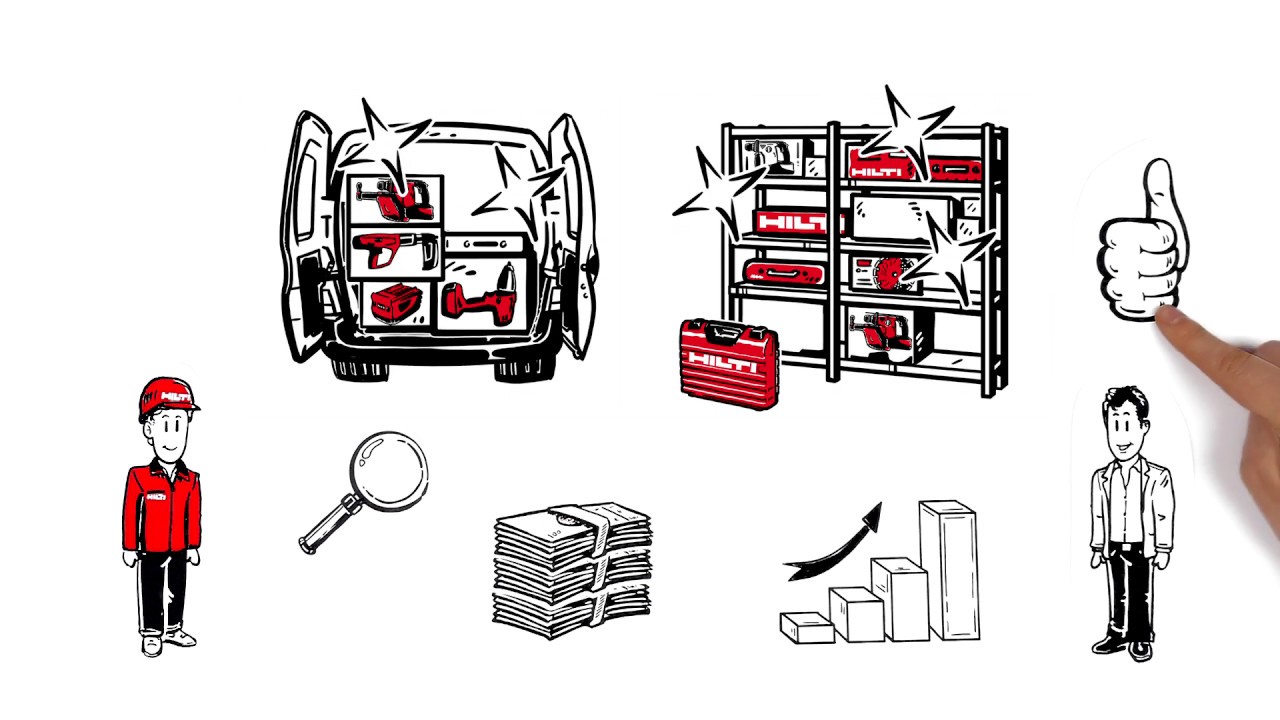

By the end of this course delegates will be able to:
Anyone whose job relates to the maintenance and replacement of moveable capital assets, Managers and engineers responsible for fleets of trucks, buses, automobiles, or heavy equipment will benefit, executive-level managers and financial professionals as well as hands-on career fleet directors and their subordinates, any fleet operation will profit from this program, including those from governments, Oil & Gas, mining and cartage, delivery, transportation and hauling operations
Fleet Management
Replacement Decisions
Vehicle Component Replacement
Component Preventive Replacement
Stocking Spares
Fast-Moving Parts
CDGA attendance certificate will be issued to all attendees completing minimum of 80% of the total course duration.
| Code | Date | Venue | Fees | Register |
|---|---|---|---|---|
| MI134-01 | 25-01-2026 | Dubai | USD 5450 | |
| MI134-02 | 26-04-2026 | Cairo | USD 5450 | |
| MI134-03 | 13-09-2026 | Casablanca | USD 5950 | |
| MI134-04 | 14-12-2026 | Istanbul | USD 5950 |

This program is designed for those involved in fleet, transportation and distribution activities, both at the operational and supervisory and managerial levels. Fleet Maintenance Management is a criti ...

This program is designed for those involved in fleet, transportation and distribution activities, both at the operational and supervisory and managerial levels. Fleet Maintenance Management is a criti ...

This introductory course to Fleet Management assists the learner to gain a basic understanding of fleet management principles including vehicle utilization, whole of life costs, tendering, vehicle mai ...
Providing services with a high quality that are satisfying the requirements
Appling the specifications and legalizations to ensure the quality of service.
Best utilization of resources for continually improving the business activities.
CDGA keen to selects highly technical instructors based on professional field experience
Since CDGA was established, it considered a training partner for world class oil & gas institution
3012, Block 3, 30 Euro Business Park, Little Island, Co. Cork, T45 V220, Ireland
Mon to Fri 09:00 AM to 06:00 PM
Contact Us anytime!
Request Info